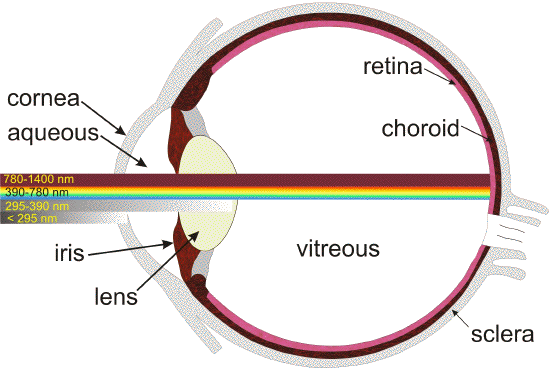- Joined
- May 14, 2012
- Messages
- 1
- Reaction score
- 0
Hi there, a patient was asking if lasers have to be aimed directly at the eye to be harmful. As in, if they could see the laser pointer, and the laser pointer was on and was red, but the laser pointer was pointed perhaps 40 degrees away from their eyes, would this still be a danger to their eyes. I was not sure how to answer him. Please advise.

